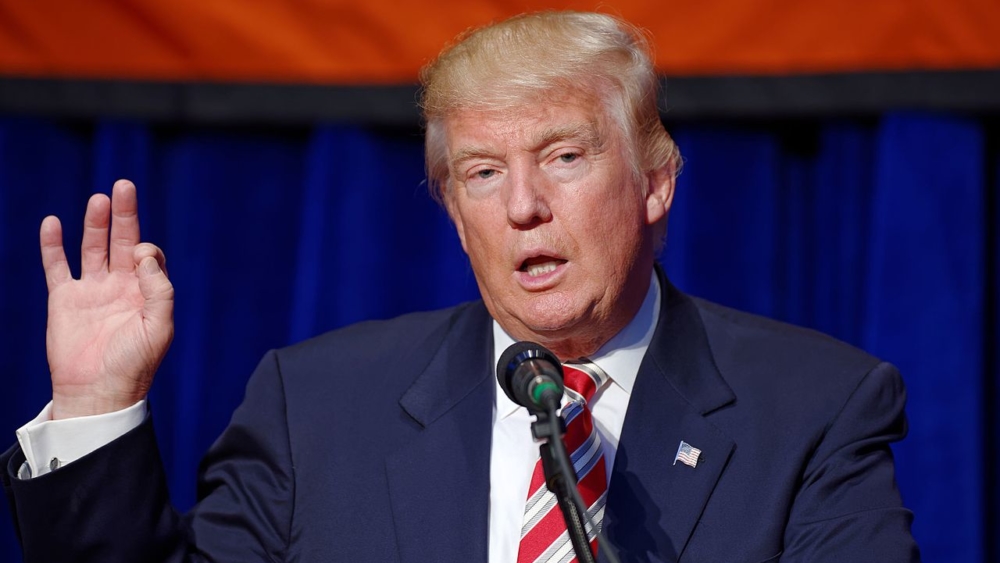Cracks in Trump's Christian support base
Inside and outside the White House, evangelicals drift from the US president
First, there are poll results: “White Evangelical Women, Core Supporters of Trump, Begin Tiptoeing Away” is a headline in The New York Times. The figures behind the headline come from the authoritative Pew Research Center. Trump’s support “among white evangelical women in recent surveys has dropped about 13 percentage points, to 60 per cent, compared with about a year ago”. The decline among these white evangelical women is rather steeper than the decline in Trump’s support among all women.
“If that drop in support translates into a lack of enthusiasm among core Trump supporters in the midterm elections in November, as it did for many of President Barack Obama’s voters in 2010, the Republican Party could be more vulnerable in its efforts to maintain control of Congress,” reports The Times. “In 2020, it would also possibly open a lane for a primary challenger to the president.”
“This is not mere gullibility; it is utter corruption.” – Michael Gerson
Second, a rueful analysis from a Republican insider. Michael Gerson was George W Bush’s chief speech writer and a leading evangelical inside the White House. “Trump’s strength-worship and contempt for ‘losers’ smack more of Nietzsche than of Christ,” Gerson writes in The Atlantic. “Blessed are the proud. Blessed are the ruthless. Blessed are the shameless. Blessed are those who hunger and thirst after fame.”
Gerson can be fairly described as a mainstream evangelical and he has the theory that desire for political power has badly affected America’s Christians. He concludes that this has led them to ignore Trump’s moral failings. “The moral convictions of many evangelical leaders have become a function of their partisan identification. This is not mere gullibility; it is utter corruption.”
“As the prominent evangelical pastor Tim Keller—who is not a Trump loyalist—recently wrote in The New Yorker, ‘”Evangelical” used to denote people who claimed the high moral ground; now, in popular usage, the word is nearly synonymous with ‘hypocrite.’ ”
Despite Trump, evangelicals have stood against the sexual revolution happening in the USA. Gerson sees their politics as shaped by a siege mentality from losing on social issues: “It is not that secularization, abortion, and religious liberty are trivial issues; they are extremely important. But the timing and emphasis of evangelical responses have contributed to a broad sense that evangelical political engagement is negative, censorious, and oppositional.
“This funneled focus has also created the damaging impression that Christians are obsessed with sex.”
“It’s another thing entirely to excuse behavior that you’ve long condemned in anyone — everyone — else.” – David French
The National Review’s David French thinks that Gerson’s account was too disparaging about the evangelical political project. In French’s opinion, fighting abortion or gay marriage was worthwhile, despite losing. But he has common ground with Gerson on Trump: ‘But the story doesn’t stop there, and it’s discussing post-election Evangelicalism where Gerson’s essay is most persuasive. It’s one thing to face a tough choice between voting for a morally corrupt man and staying at home. It’s another thing to join the morally corrupt man’s tribe. It’s another thing entirely to excuse in him behavior that you’ve long condemned in anyone — everyone — else.”
The polls show that perhaps white evangelical women, at least, are starting to see there is a difference.


